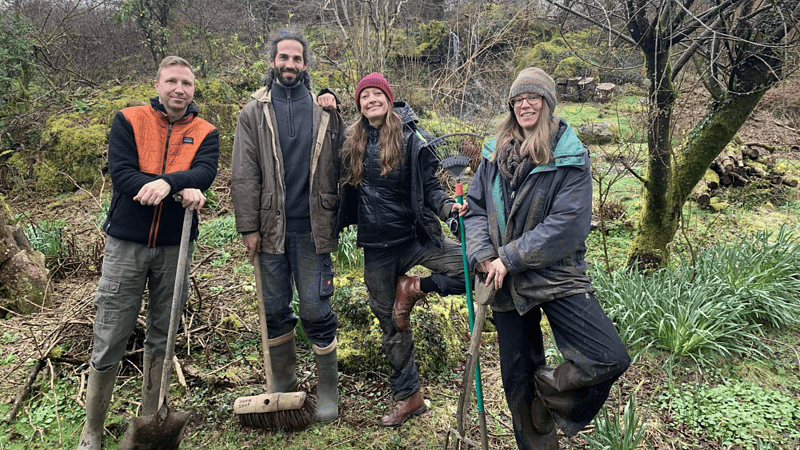
Mind over matter
Can you shape your reality for the better? With a growth mindset and a can-do attitude, anything is possible, writes Danielle Timms
Do you believe in mind over matter? If you answered yes, you most likely have a growth mindset, which means you are innovative, solution-based and proactive. People with a ‘growth' mindset are more likely to achieve than people with a ‘fixed' mindset’.
Therefore, what mindset you have (growth or fixed) can distinguish your reality. The good news is we all have the ability to change our mindset.
Mindset is the key to not only following your dreams but achieving them. With a ‘can-do’ attitude, you are more likely to build and maintain the life you want and a business that thrives.
To be able to achieve a healthy mindset, you need hope. Hope will stop you from giving up and pursuing your goals. With a hopeful mindset you will believe you have a brighter future and this will motivate you to achieve it. You need to believe in your future life or business so you are not fighting with the current to achieve it but flowing with it. Believe that everything is working in your favour.
This does not mean sit back and don’t do anything, you still need to work towards your goals. However, it does mean that we can let go of any worry or anxiety surrounding starting something new.
What is your mindset?
Our mindset can be defined as a habitual or characteristic mental attitude that determines how we will interpret and respond to situations.
Let’s apply this to the two different types of mindsets, fixed and growth, described above. People with a ‘fixed’ mindset believe their qualities are unchangeable, innate and fixed. However, people with a ‘growth’ mindset believe they can change, their abilities can be developed and they can make progress through hard work and determination.
Carol Dweckis a Stanford psychologist, suggests that many people are trained in the two types of mindsets early on in life, often through the way they are raised or their experiences in school. Certain characteristics can be assigned to either a fixed or growth mindset she says.
Fixed mindsets: Children who are taught that they should look smart instead of loving learning tend to develop a fixed mindset. They become more concerned with how they are being judged and fear that they might not live up to expectations.
Growth mindsets: Children who are taught to explore, embrace new experiences, and enjoy challenges are more likely to develop a growth mindset. Rather than seeing mistakes as setbacks, they are willing to try new things and make errors all in the name of learning and achieving their potential.
Adjusting your mindset is key to hope because you can find solutions to overcome problems with a different perspective.
It is all about your perspective and how you see the world.
It is not about being positive all the time but it is about making the best out of each situation and being hopeful.
The definition of hopeful is confident, optimistic and encouraging.
Growth mindsets can characterise hopefulness.
Once you have hope for your future, it is easier to create a new one.
Most of the time the thing that is holding you back is lack of self-confidence. So you need to analyse where this thought pattern is coming from and change the story.
Maybe you have low confidence because you feel like you never fit into the social conditioning group, maybe it is from a past trauma or simply because you never felt unconditional love (yes, this is deep!).
Whatever the reason, you have the option to recondition your mind and believe a different narrative.








